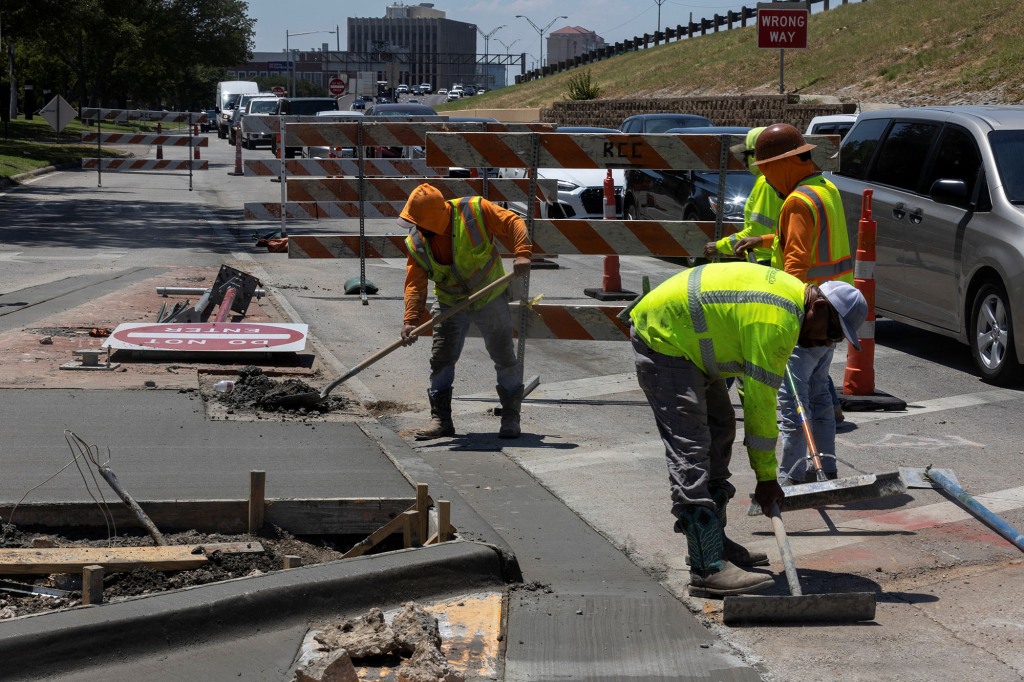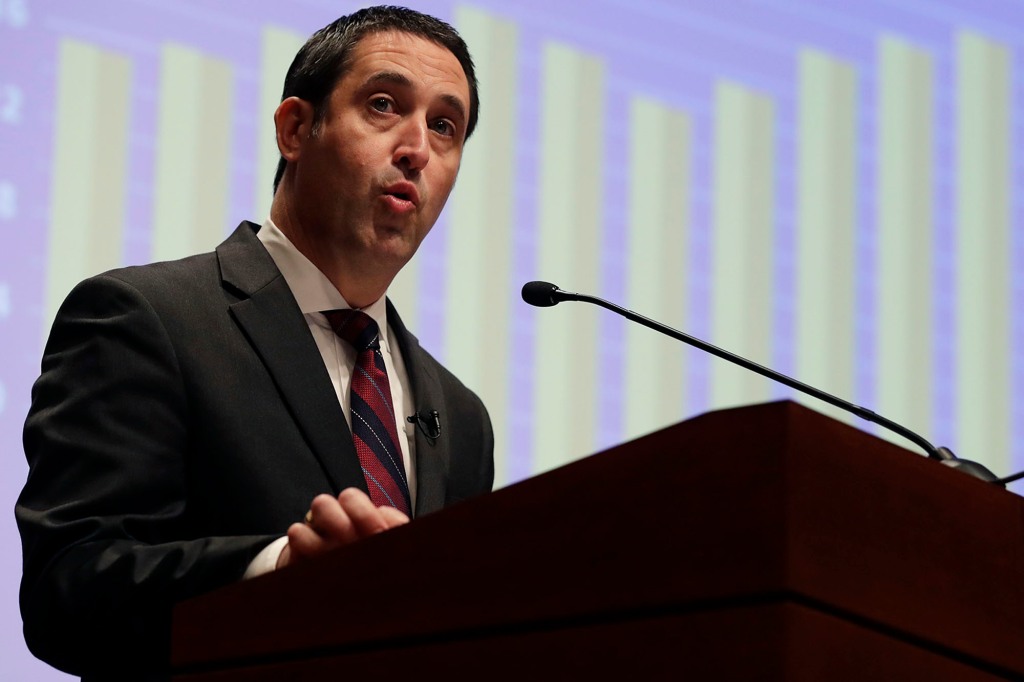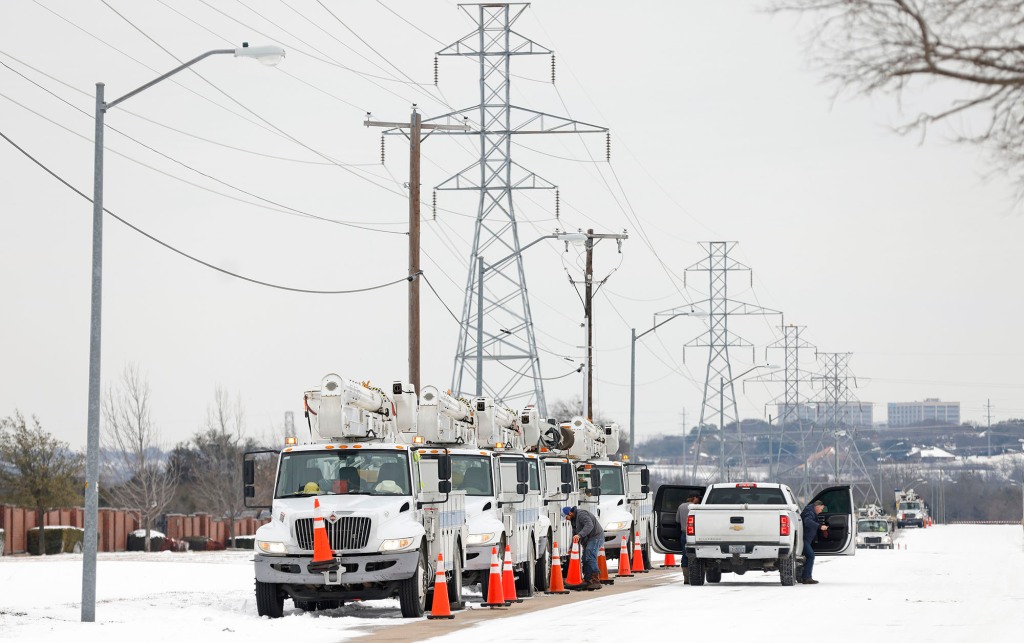Texas records record $33B budget surplus
Everything’s bigger in Texas.
The state’s bean counters have recorded a historic $33 billion surplus in tax revenue this year — about the same amount as the combined annual budgets of Connecticut ($20B) Delaware ($5B) and Vermont ($8B).
“The increase is a direct result of vigorous economic growth since the end of COVID-19 pandemic restrictions, spikes in energy prices and, unfortunately, the highest rate of general price inflation in 40 years,” said Texas Comptroller Glenn Hegar Monday.
The Lone Star state — frequently cited as one of the most popular places to move in the US — now boasts a population of some 30 million people and recorded the largest population growth of any state from 2021 to 2022 with 470,000 new residents, meaning more people paying into its tax system.

Texas’ unprecedented surplus also comes at a time when other huge states such as New York and California are staring down the barrel of $3B and $22B budgetary debts respectively.
Lawmakers will now decide what to do with the extra funds as its legislature session, which began Tuesday — although there’s already infighting between Governor Greg Abbott and other Republicans about how to spend the billions.

The governor wants to use half of the money to give back to homeowners, reported Bloomberg. In a state with no income tax, property owners do the heavy lifting when it comes to filling the coffers.
Lieutenant Governor Dan Patrick wants to invest some of the windfalls into the electric grid, which failed in 2021 during a winter storm — killing hundreds of Texans. Texas is the only state in the country that has its own grid.
Complicating matters, some of the money is already committed, the state money man reminded elected officials, who will ultimately decide how the distribute the extra dollars.

$10.2 billion must be reserved for the state’s Rainy Day Fund and State Highway Fund, Hegar pointed out. Another $155 million must be set aside to cover a shortfall in the Texas Guaranteed Tuition Plan.
Hegar also cautioned state leaders that Texas is unlikely to ever see this kind of bonanza again, asking them to be “careful” and “thoughtful.”
“Lawmakers also should consider meaningful tax reduction to ease the burden of Texans who are grappling with inflation, economic uncertainty and rising housing costs,” Hegar said.
Read the full article Here


